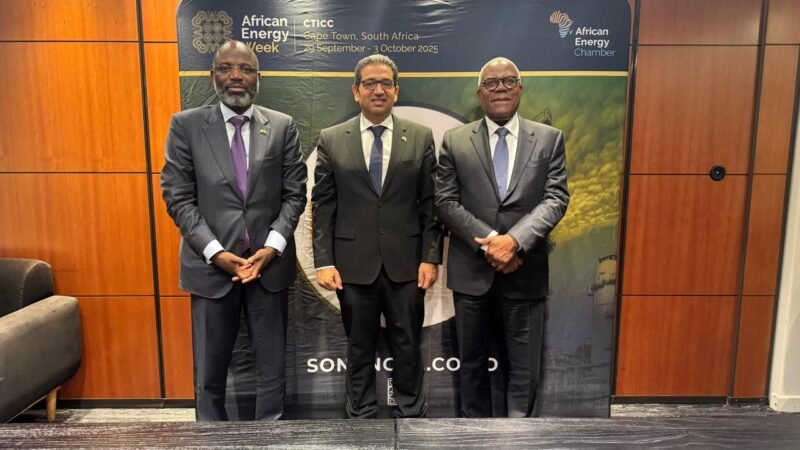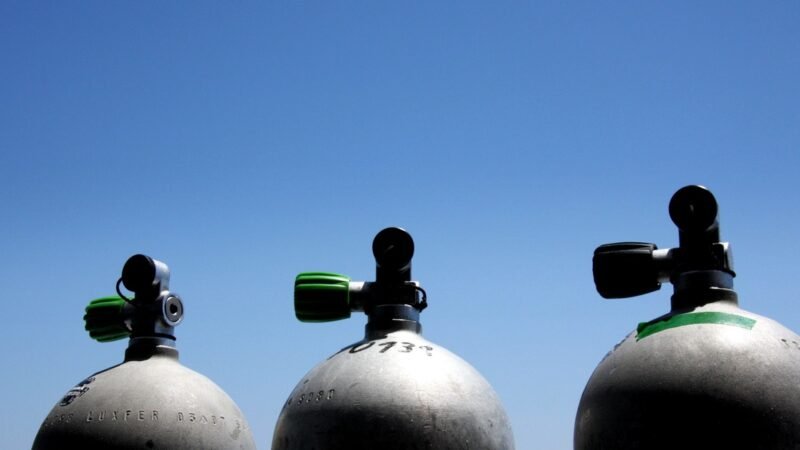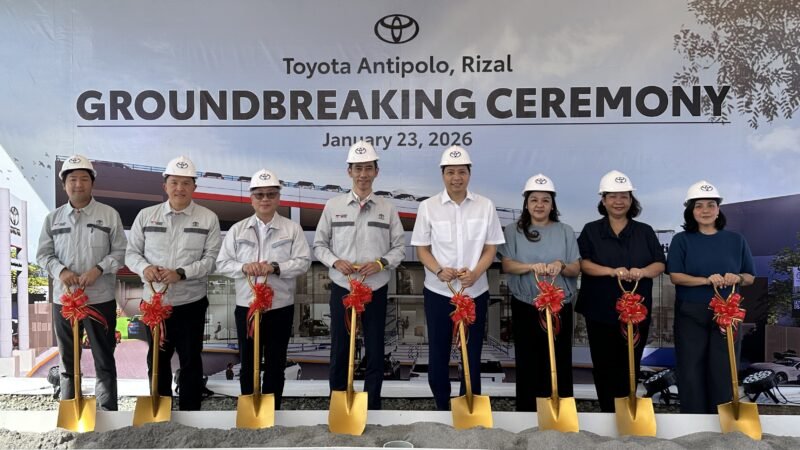South Africa looks to Namibia model to unlock Orange Basin oil and gas boom
South Africa sits atop enormous offshore potential, holding the majority share of the Orange Basin and an estimated 30 billion barrels of prospective oil resources. Yet while neighboring Namibia has drilled over 20 successful exploration and appraisal wells since 2022, South Africa has not drilled a single one in that time.
The contrast is striking — and costly. Major players have scaled back local ambitions as foreign-funded environmental challenges and slow, unclear permitting halted projects worth more than USD 1.6 billion. TotalEnergies even walked away from its major Luiperd-Brulpadda discovery in 2024 after prolonged delays.

Legal delays fuel investor frustration
Industry leaders argue the core challenge is not activism but a vulnerable regulatory system that allows repeated legal contests even after environmental studies are completed. Court rulings have required expanded environmental impact assessments, including emissions estimates for future operations, adding years to permitting cycles.
Executives warn that extended uncertainty drives capital elsewhere. Eco Atlantic noted that “if you’re unable to explore, develop, and produce, the money goes elsewhere,” while TotalEnergies called the three-to-four-year permitting timeline “unacceptable” in a competitive global market.
Community engagement emerges as key to progress
Operators and policymakers are increasingly acknowledging that insufficient consultation with coastal and affected communities created the opening for repeated legal challenges. NGOs have leveraged weak engagement standards to delay projects, citing inadequate environmental review and local consultation.
South Africa now aims to shift course. The pending lift of the shale gas moratorium — halted since 2011 — signals a new government push to create regulatory clarity, improve environmental safeguards, and balance energy needs with ecological protection. Officials also recognize the need to standardize EIA processes and raise engagement standards to build public trust.
Some are pointing to success stories abroad. TotalEnergies’ proactive consultation approach in Suriname, including quarterly meetings and community feedback programs, helped secure support for a project expected to create thousands of jobs and boost the economy significantly.
South Africa hopes similar strategies can unlock regions like Mossel Bay and support a transition from coal toward gas — a key pillar in government energy plans.
Industry leaders say collaboration between the new South African National Petroleum Company, regulators, and operators will be essential to prevent further withdrawals by major firms and keep South Africa competitive with Namibia’s accelerating offshore success.
By modernizing regulations, enforcing defined consultation standards, and preventing endless appeals, South Africa could finally activate its vast natural resource base and spur economic growth. The choice, industry voices warn, is urgent — move decisively or risk being left behind in Africa’s next major energy frontier.



